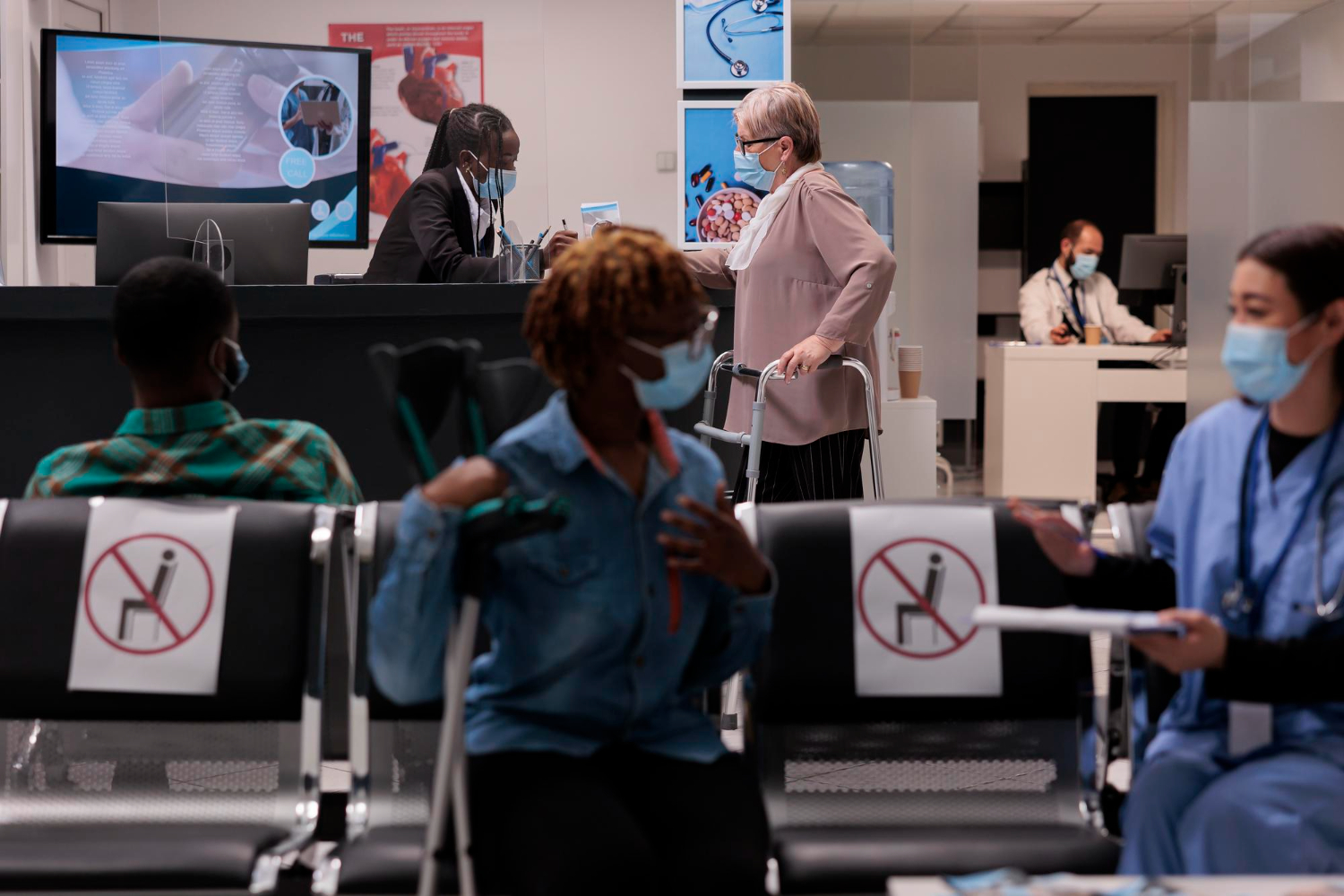
Details of the Proposed Legislation
Majority Leader John Thune announced that the Senate will conduct a second vote on September 30 regarding a House-passed continuing resolution designed to maintain federal government operations through November 21, according to reports from Politico dated September 29. This represents a critical attempt to revive legislation that previously encountered significant opposition in the legislative chamber.
Previous Voting Results
The continuing resolution’s journey through Congress has been marked by considerable obstacles. The bill initially failed in the Senate on September 19 with a disappointing 44-48 vote count, falling short of the majority needed for passage. Additionally, a competing proposal advanced by Senate Democrats—which would have extended government funding through October 31 while incorporating additional healthcare funding provisions—also met defeat with a narrow 47-45 vote.
Despite these setbacks, the legislation managed to secure passage in the House of Representatives with a slim 217-212 vote margin, demonstrating the deep partisan divisions surrounding government funding priorities.
Medicare and Hospital Support Programs
The proposed continuing resolution would provide critical extensions for several essential healthcare programs through November 21, including:
- Medicare-dependent hospital programs that serve rural and underserved communities
- Low-volume adjustment programs ensuring fair reimbursement for smaller healthcare facilities
- Telehealth flexibilities that expanded significantly during the COVID-19 pandemic and remain vital for patient access
- Hospital-at-home programs allowing qualified patients to receive hospital-level care in their residences
Cybersecurity and Medicaid Provisions
The legislation also addresses cybersecurity concerns by extending the Cybersecurity Information Sharing Act, which facilitates coordination between healthcare organizations and federal authorities on emerging threats. Furthermore, the bill would delay Medicaid disproportionate share hospital (DSH) cuts currently scheduled to take effect on October 1, providing relief to hospitals serving large numbers of uninsured and low-income patients.
Senate Democrats have expressed strong reservations about supporting the continuing resolution, primarily due to two significant omissions:
- Absence of ACA Enhanced Premium Tax Credits: The bill fails to extend enhanced premium tax credits established under the Affordable Care Act, which have helped millions of Americans afford health insurance coverage.
- Medicaid Funding Cuts: Democrats are particularly concerned about the legislation’s failure to reverse nearly $1 trillion in Medicaid cuts outlined in the One Big Beautiful Bill Act, which could dramatically affect healthcare access for vulnerable populations.
Shortly after Majority Leader Thune’s announcement, Democratic leadership convened with President Donald Trump for crucial negotiations. Senate Democratic Leader Chuck Schumer provided insights into the meeting’s contentious nature, stating to The New York Times that “we have very large differences on healthcare and on their ability to undo whatever budget we agree to through rescissions and through impoundment.”
This statement highlights the fundamental disagreements between Democratic and Republican leadership regarding healthcare funding priorities and budgetary procedures.
Anti-Deficiency Act Provisions
On September 29, the Department of Health and Human Services (HHS) issued a comprehensive statement outlining its strategy for maintaining critical operations during a potential government shutdown. HHS announced it would invoke its authority under the Anti-Deficiency Act (ADA) to ensure continuity of essential department activities.
Ongoing Program Review
The department emphasized its commitment to adaptive management, stating: “Over the duration of any lapse, HHS will continue to review its resources, authorities and flexibilities under the law to minimize the impact of such a lapse on the safety of human life and the protection of property.”
Disease Monitoring and Public Health
HHS confirmed that it will utilize ADA exceptions to maintain vital public health surveillance activities, including disease outbreak monitoring conducted by the Centers for Disease Control and Prevention (CDC). This ensures that the nation’s disease detection and response capabilities remain operational even during a funding lapse.
Mandatory Health Program Payments
Significantly, HHS will employ additional exceptions under the Anti-Deficiency Act to sustain Medicare, Medicaid, and other mandatory health program payments. This provision offers reassurance to millions of beneficiaries who depend on these programs for essential healthcare coverage and services.
The department’s proactive approach aims to protect vulnerable populations and maintain the integrity of the nation’s healthcare infrastructure during this period of political uncertainty.
Discover the latest Provider news updates with a single click. Follow DistilINFO HospitalIT and stay ahead with updates. Join our community today!


Leave a Reply